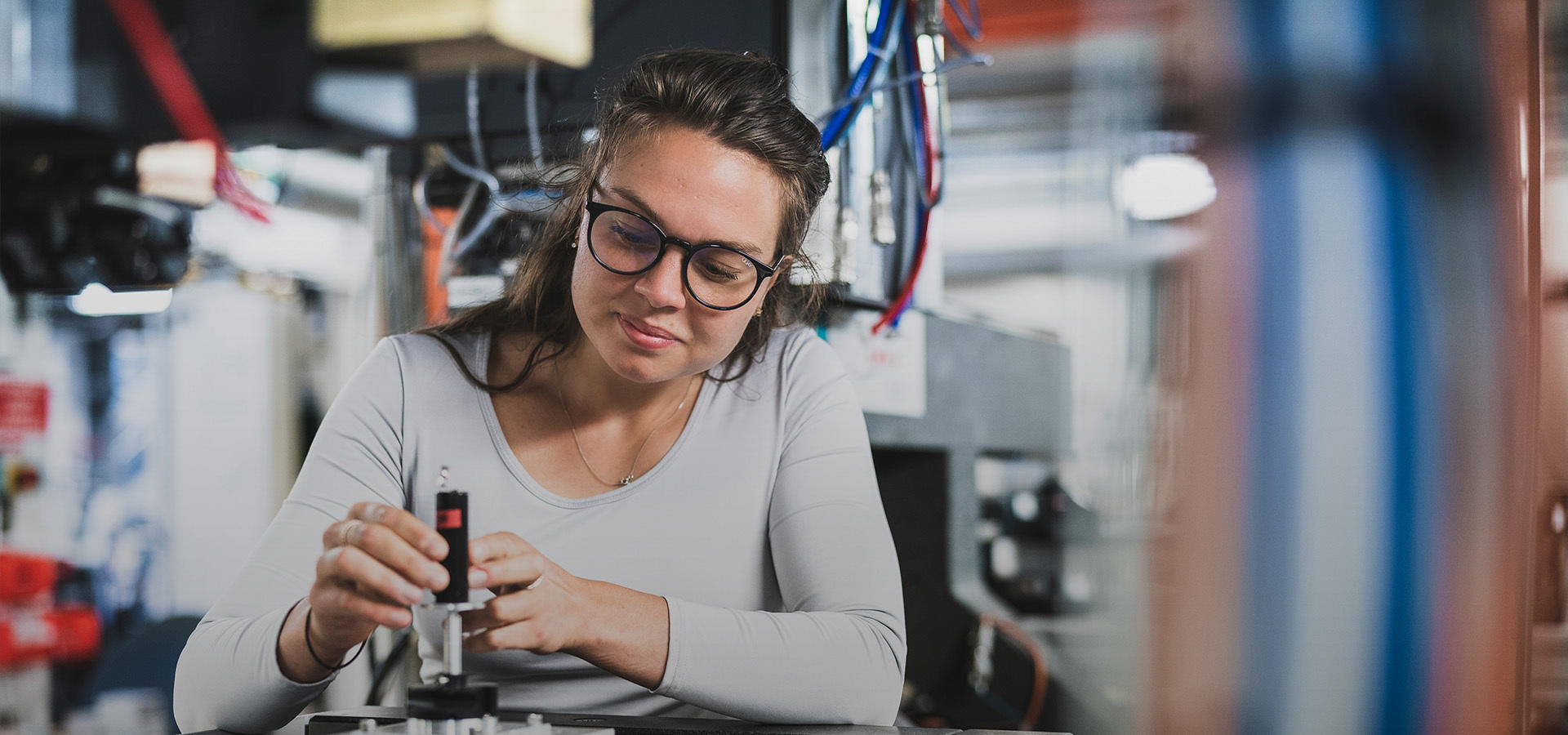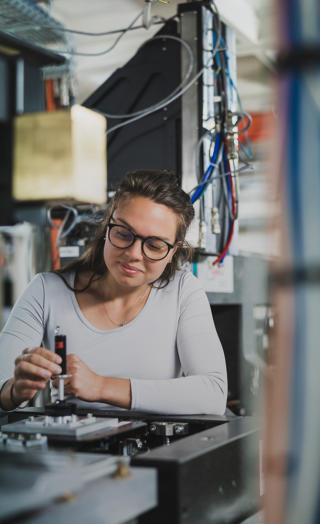With the current climate change emergency, we all strive to reduce the emission of greenhouse gases. Working in research that can help us move forward in this quest is what drives me. My PhD focuses on the failure mechanisms of lithium-ion batteries, which have become one of the most important elements in fossil-free transportation. It wasn’t until I dived into the battery world that I realised to what extent these incredible power devices surround humanity everywhere and how important their safety aspect is. High-speed X-ray imaging here at the ESRF is a valuable tool to study the internal failure dynamics of batteries, knowledge that is necessary to improve battery design and enhance safety. This is exactly the kind of subject that goes with my values, since it regards both our environment and human safety.
The ESRF gives me the opportunity to learn new things all the time and it also makes me realise what humanity is capable of achieving through science. I feel inspired to absorb as much knowledge as I possibly can to be able to optimise my experiments and come with valuable insights. My PhD is supervised by the ESRF and University College London.
Before arriving in Grenoble, as part as my Chemical Engineering degree in Sweden, I spent a year in New Zealand studying how to produce nanocellulose from seaweed. I find a lot of inspiration from nature and perhaps, one day in the future, I can combine my nanocellulose and battery knowledge.

